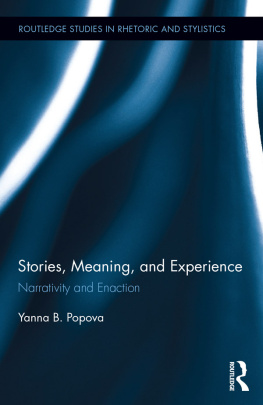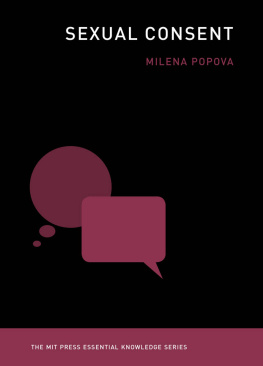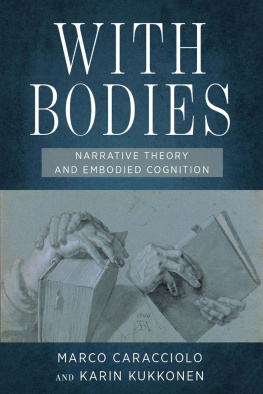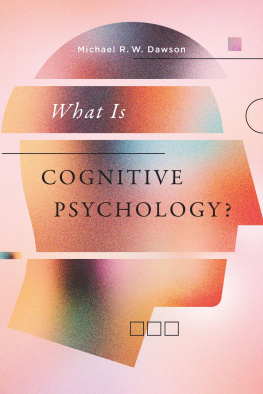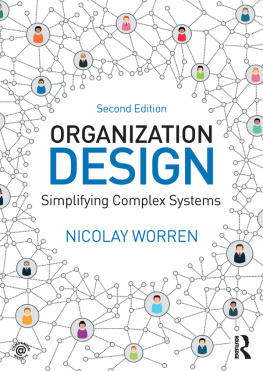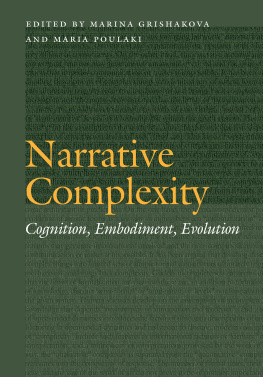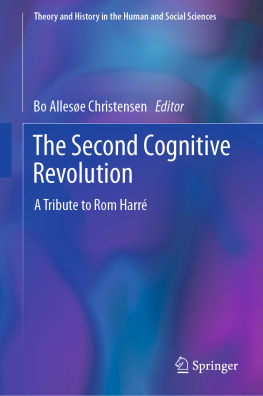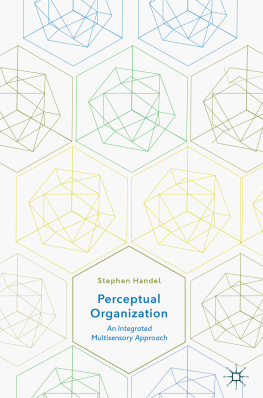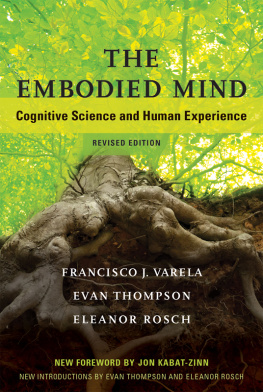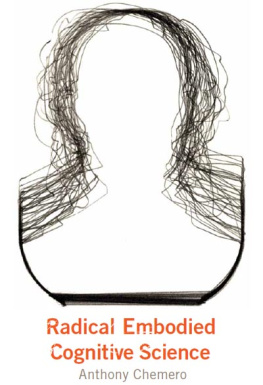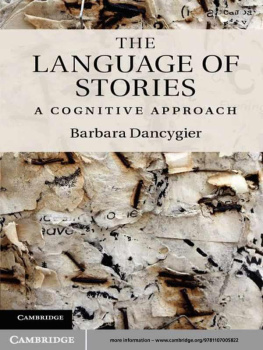Stories, Meaning, and Experience
In Stories, Meaning and Experience, Yanna Popova takes an original, interdisciplinary approach to narrative, situating the study of stories within an enactive understanding of human cognition. Enactive approaches to cognition foreground the role of interaction in explanations of social understanding, which includes the human practices of telling and reading stories. Such an understanding of narrative makes a decisive break with both text-centered approaches that have dominated structuralist and early cognitivist views of narrative meaning, as well as pragmatic ones that view narrative understanding as a form of linguistic implicature. Popova argues that the intersubjective experience that each narrative both affords and requires serves to highlight the active yet cooperative and communal nature of human sociality, expressed in the multiple forms of human interaction, of which storytelling is one. The understanding of narrative elaborated in this book cuts across many of the core issues in fields such as narratology, philosophy, cognitive psychology and traditional story grammars, providing a critically productive framework for exploring the enduring human propensity to think and experience the world through stories. The theoretical discussion is supplemented with close readings of literary works by Kazuo Ishiguro, Henry James and Gabriel Garca Mrquez.
Yanna B. Popova has taught at the Universities of Birmingham and Oxford, and was a founding member of the Department of Cognitive Science at Case Western Reserve University, USA.
Routledge Studies in Rhetoric and Stylistics
Edited by Michael Burke
1Literary Reading, Cognition and Emotion
An Exploration of the Oceanic Mind
Michael Burke
2Language, Ideology and Identity in Serial Killer Narratives
Christiana Gregoriou
3Beyond Cognitive Metaphor Theory
Perspectives on Literary Metaphor
Monika Fludernik
4The Pragmatics of Literary Testimony
Authenticity Effects in German Social Autobiographies
Chantelle Warner
5Analyzing Digital Fiction
Edited by Alice Bell, Astrid Ensslin, and Hans Kristian Rustad
6Ulysses and the Poetics of Cognition
Patrick Colm Hogan
7Style and Rhetoric of Short Narrative Fiction
Covert Progressions Behind Overt Plots
Dan Shen
8Kafkas Cognitive Realism
Emily T. Troscianko
9Stories, Meaning, and Experience
Narrativity and Enaction
Yanna B. Popova
Stories, Meaning, and Experience
Narrativity and Enaction
Yanna B. Popova

First published 2015
by Routledge
711 Third Avenue, New York, NY 10017
and by Routledge
2 Park Square, Milton Park, Abingdon, Oxon OX14 4RN
Routledge is an imprint of the Taylor & Francis Group, an informa business
2015 Taylor & Francis
The right of Yanna Popova to be identified as author of this work has been asserted by her in accordance with sections 77 and 78 of the Copyright, Designs and Patents Act 1988.
All rights reserved. No part of this book may be reprinted or reproduced or utilised in any form or by any electronic, mechanical, or other means, now known or hereafter invented, including photocopying and recording, or in any information storage or retrieval system, without permission in writing from the publishers.
Trademark Notice: Product or corporate names may be trademarks or registered trademarks, and are used only for identification and explanation without intent to infringe.
Library of Congress Cataloging-in-Publication Data
CIP data has been applied for.
ISBN: 978-0-415-71588-1 (hbk)
ISBN: 978-1-315-88048-8 (ebk)
Typeset in Sabon
by ApexCoVantage, LLC
For my mother, Hristina,
and for Nia
in inceptum finis est
Contents
Versions of some of the chapters in this book were given as colloquium talks and conference presentations at the Universities of the Basque Country (San Sebastian), British Columbia (Vancouver), Genoa, Malta, and Ohio State University. I thank the audiences on all these occasions for their comments and questions.
Some of these chapters have their origins in papers that have been previously published. I draw, with substantial changes, on some material from The Figure in the Carpet: Discovery or Re-cognition, in Cognitive Stylistics: Language and Cognition in Text Analysis, ed. by E. Semino and J. Culpeper (Amsterdam: John Benjamins, 2002).
I would like to thank the series editors (and, particularly, Michael Burke) for their careful editorial advice, and the four anonymous reviewers for their helpful remarks and suggestions.
1.Overview: The Questions
Two of the main questions that motivate this book are why do we have stories? and how do stories create meaning? It is a rather obvious observation that a story is more than a description of a string of events. There are features of stories that make them what they are: compelling and irreplaceable human ways of thinking and communicating knowledge. A few distinctive features come immediately to mind as uniquely descriptive of what constitutes a good story: coherence, closure, purpose, and some evaluative consequence; or, in other words, meaning. A good story is a meaningful one, that is, a story that stays with the reader and works with her to bring some form of personal enhancement that did not exist before the story was read. These are but a few aspects of stories (and here I include both fictional ones and everyday communicative exchanges) that elevate them from being simply sequences of events, descriptions, lists, or pieces of argumentation. So, one of the questions that I am asking in this book is what does a narrative possess that is more than and above a mere sum of consecutive events? Despite the many and diverse approaches to the study of narrative, I believe this exact question is often left unanswered and even largely unasked by the many scholars who have studied stories. One answer I propose to the question about the human need for stories will be sought in an enactive, as opposed to a conceptual/functional, or merely structural, account of what stories do for human beings in distinction to other forms of human conceptualization such as analogies or descriptions. Throughout this introduction and throughout the book I use story and narrative interchangeably to refer to a coherent series of reported events, thus deliberately disregarding, for the time being, the distinction often drawn between true (factive) and imagined (fictive) events.
Stories are everywhere in human lives, and storytelling is indeed part of all human cultures. We think in narrative, often dream in narrative, and remember in narrative. People tell stories in words, in pictures and movement, in musical forms, and through increasingly diverse multimodal means. We learn through stories told in the news and in history books, we make decisions based on stories reported in criminal trials, and we find it effortless to engage with the fictional stories told in our favorite novels and films. Major areas of existing human knowledge, from philosophy to biology, and even the developing field of cognitive science today, have made their progress based on the often alternative and incompatible stories they tell. As Barthes perceptively noticed all these years ago: narrative is international, transhistorical, transcultural: it is simply there like life itself (1977, p. 79). But why and how are our experiences best organized by stories? My argument, supported by much developmental and psychological evidence, is that stories are not just a form of knowledge but also one of the two most fundamental forms of knowledge organization (or processes of meaning construction) for human beings. On the one hand, human beings have narrative, or, roughly speaking, a command of schematic organization that relies on and constructs a causal explanation of the world, the latter being understood here as both perceptual and social. This type of mental organization of experience has been extensively studied over the years by narrative psychologists, story grammarians, literary scholars, linguists, narratologists, and cognitive scientists of earlier generations. On the other hand, in their thought processes, human beings also make use of metaphor, or, a form of analogical organization that allows for associative classification, a categorical segregation of things into specific groups and kinds. So, while I accept that narrative does not just represent knowledge but makes knowledge possible, I also claim that there is at least one other major path of knowledge structuring available to human minds: analogy or metaphor. Schematic organization or action structure, as it is also known, reflects spatial/temporal and causal relational chains of events that involve human agents, and best describes narrative structure in the way it is known to human beings from the stories they tell. Importantly, as I will argue, narratives are dynamic processes, not mental states or individual events like, for example, perceiving a flower. While perceiving a causal relation between individual events is fundamental to narrative organization, it is not just causal connectivity but causal continuity resulting in some form of resolution that matters most for defining something as a narrative. Categorical (or taxonomic) organization, on the other hand, centers on similarity relations which are in some important sense understood as not dependent on time but as being timeless.

